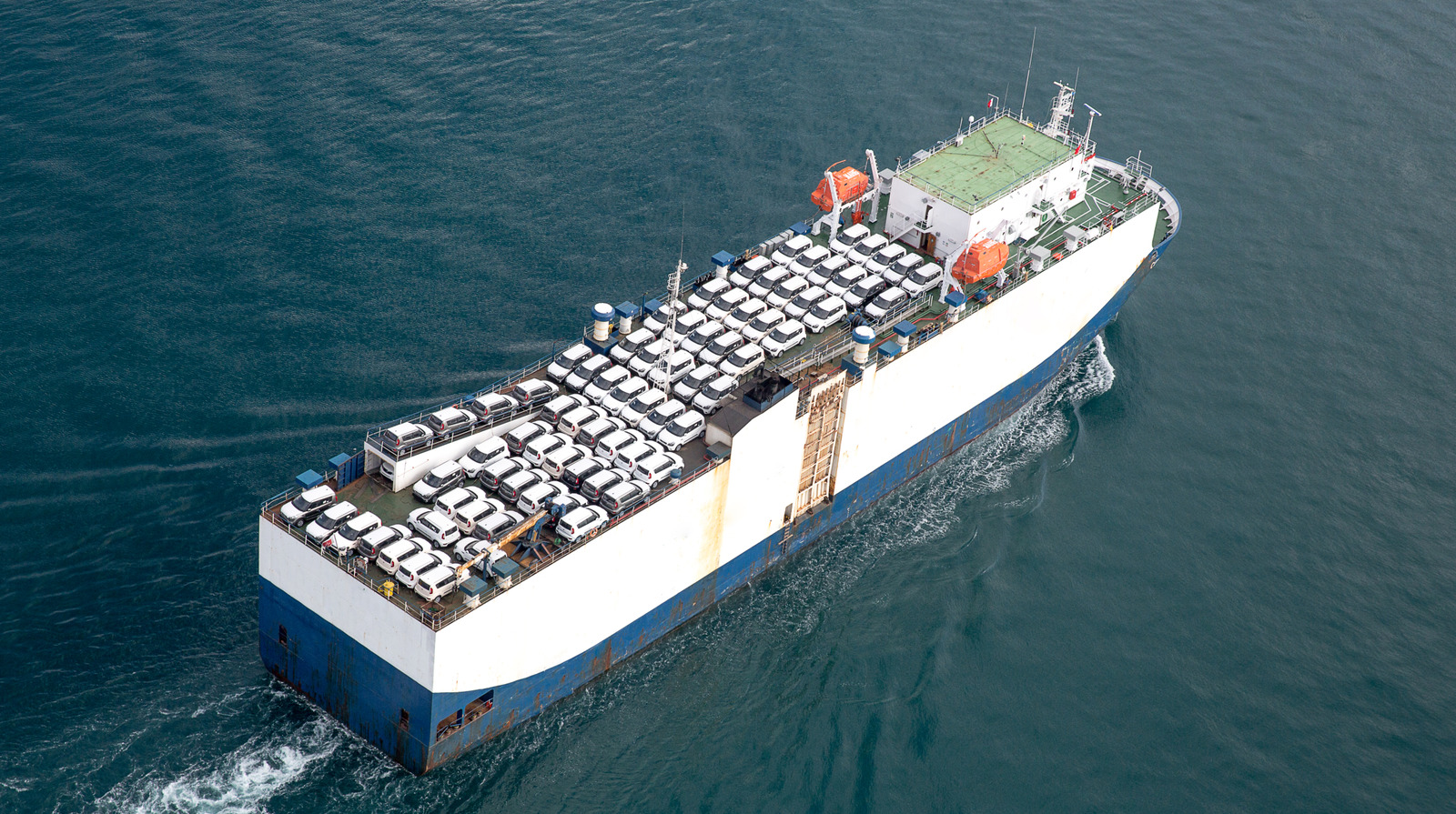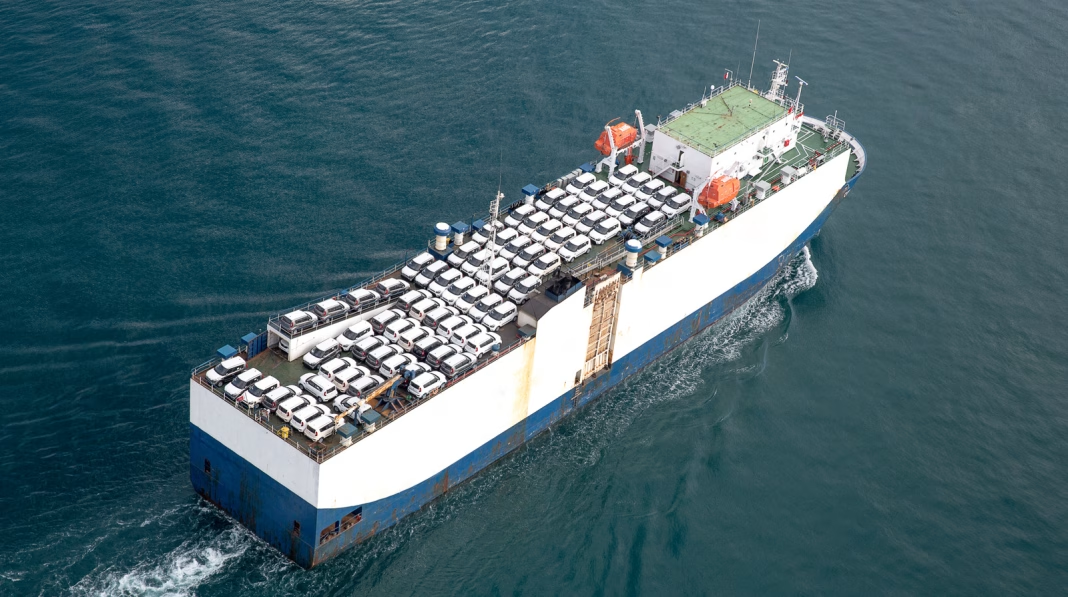Why Are Chinese Ships Avoiding Houthi Attacks in the Red Sea?
If you’ve been following the headlines about shipping disruptions in the Red Sea, you might have noticed a curious pattern: while many international vessels have come under attack from Houthi forces, ships carrying Chinese goods seem to be sailing through unscathed. What’s going on here? Let’s dig into the dynamics behind this unusual immunity.
How Do the Houthis Decide Which Ships to Target?
The Houthis, a powerful militia based in Yemen, have made it clear they’re targeting vessels linked to Western interests, especially those tied to the US, UK, and Israel. Their stated aim is to pressure these nations over their involvement in Middle Eastern conflicts. But when it comes to ships loaded with Chinese cars or electronics, the attacks just aren’t happening.
Why? It’s not about luck. Shipping manifests, vessel tracking, and even the flags these ships fly are all scrutinized by the Houthis and their intelligence networks. They know exactly who owns what, and who’s onboard. So, the absence of attacks on Chinese ships is almost certainly intentional.
Did China Strike a Deal with the Houthis?
Industry insiders and geopolitical analysts are pointing to a likely explanation: China has quietly negotiated a back-channel agreement with the Houthis, either directly or through Iran, the group’s main sponsor. While there’s no official confirmation—these deals rarely make headlines—the pattern is hard to ignore.
China’s approach to international relations is famously pragmatic. Rather than getting tangled in regional conflicts, Beijing often opts for behind-the-scenes diplomacy. In this case, it’s probable that China offered assurances or incentives to the Houthis (or Iran) in exchange for safe passage. This could involve anything from diplomatic support at the United Nations to economic aid or technology transfers.
What Does This Mean for Global Shipping and Trade?
The implications are huge. The Red Sea is a critical artery for global trade, especially for energy and manufactured goods. When Western ships are forced to reroute around Africa, costs and delivery times skyrocket. Meanwhile, Chinese goods keep flowing, giving them a competitive edge in both speed and price.
According to the International Chamber of Shipping, rerouting around the Cape of Good Hope can add up to two weeks and hundreds of thousands of dollars in fuel costs per voyage. For Chinese exporters, avoiding these disruptions means they can undercut rivals and keep shelves stocked worldwide.
Is This a New Trend in Global Diplomacy?
In a way, yes. China’s ability to secure its interests through quiet negotiation, rather than military force, is a hallmark of its foreign policy. It’s a sharp contrast to the more confrontational approaches taken by Western powers. This episode highlights how economic leverage and strategic alliances can sometimes achieve what warships and sanctions cannot.
It also raises questions about the future of international shipping security. If deals like this become the norm, we might see more countries seeking their own arrangements with non-state actors to protect their trade routes.
What Should Businesses and Shippers Do Next?
If you’re in logistics or international trade, this is a wake-up call. Diversifying shipping routes, building stronger relationships with local stakeholders, and staying nimble in response to geopolitical shifts are more important than ever. It’s also wise to keep an eye on insurance costs and risk assessments, as these will keep fluctuating with the political winds.
The big takeaway? Navigating global trade isn’t about perfection—it’s about smarter adjustments. Start with one change this week, and you’ll likely spot the difference by month’s end.


